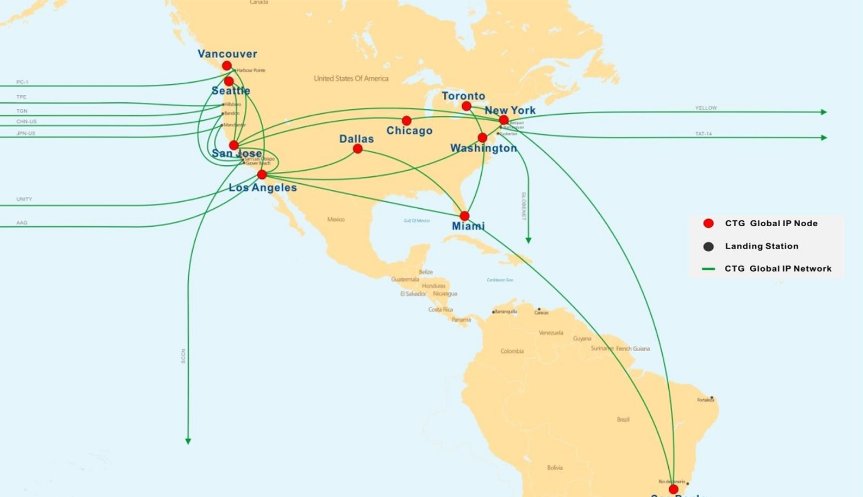From France24, November 1:
Governments worldwide are stepping up use of online tools, in many cases inspired by China's model, to suppress dissent and tighten their grip on power, a human rights watchdog study found Thursday.
The annual Freedom House study of 65 countries found global internet freedom declined for the eighth consecutive year in 2018, amid a rise in what the group called "digital authoritarianism."
The Freedom on the Net 2018 report found online propaganda and disinformation have increasingly "poisoned" the digital space, while the unbridled collection of personal data is infringing on privacy.See also BoingBoing, October 26:
"Democracies are struggling in the digital age, while China is exporting its model of censorship and surveillance to control information both inside and outside its borders," said Michael Abramowitz, president of Freedom House.
"This pattern poses a threat to the open internet and endangers prospects for greater democracy worldwide."
Chinese officials have held sessions on controlling information with 36 of the 65 countries assessed, and provided telecom and surveillance equipment to a number of foreign governments, Freedom House said.
The accusations made by Freedom House are "without basis, unprofessional, irresponsible, and have ulterior motives," said Chinese foreign ministry official spokesman Lu Kang at a regular press briefing in Beijing on Thursday.
Cyberspace is complex, he added, and requires "the global community, including governments, businesses, think tanks and media to adopt a constructive attitude to maintain it."
The report found 17 governments approved or proposed laws restricting online media in the name of fighting "fake news," while 18 countries increased surveillance or weakened encryption protection to more closely monitor their citizenry.
According to the researchers, internet freedom declined in 26 countries from June 2017 to May 2018. Gains were seen in 19 countries, most of them minor.
- China's 'techno-dystopia' -
One of the greatest threats, Freedom House said, is efforts by China to remake the digital world in its "techno-dystopian" image.
It cited a sweeping Chinese cybersecurity requirement that local and foreign companies "immediately stop transmission" of banned content, and compels them to ensure that data on Chinese users is hosted within the country.
This has been followed by "hundreds" of new directives on what people can and cannot do online, and tighter controls on the use of VPNs to evade detection.
The report said leaked documents and other evidence suggest as many as a million Muslims may be held in internment camps in Xinjiang, many as a result of nonviolent online activities.
China appears to be using its big tech firms involved in telecom infrastructure to extend its dominance and gain an edge in surveillance, according to Freedom House.
Companies such as Huawei -- largely banned from contracts in the US and Australia -- are building infrastructure in many parts of the world including Africa and Latin America, according to Freedom House board chairman Michael Chertoff, a former US secretary of homeland security.
"This opens up a potential for exploiting information in these countries by having technological backdoors that can be used by the Chinese government to collect intelligence," Chertoff said.
- Suppressing dissent -
The researchers said online freedom is facing threats in democratic and authoritarian states...MORE
China Telecom has been using poisoned internet routes to suck up massive amounts of US and Canadian internet traffic
In a new paper published in the journal Military Cyber Affairs researchers from the US Naval War College and Tel Aviv University document the use of BGP spoofing by China Telecom to redirect massive swathes of internet traffic through the company's routers as part of state military and commercial espionage efforts.
BGP is a notoriously insecure protocol used to route internet traffic; by design it is dynamic and responsive, moving traffic away from congested routes and onto those with more capacity: this flexibility can be exploited to force traffic to route through surveillance chokepoints, as well as for censorship (publishing BGP routes to censorsed services that dead-end in nonexistent addresses are a common technique in repressive regimes).
The researchers logged global BGP route announcements and discovered China Telecom publishing bogus routes that sucked up massive amounts of Canadian and US traffic and pushed it through Chinese listening posts. Much of today's internet traffic is still unencrypted, meaning that the entities monitoring these listening posts would have been able to read massive amounts of emails, instant messages and web-sessions.
China Telecom's BGP attacks were also used to black-hole traffic in some instances (for example, traffic from an "Anglo-American bank's" branch in Milan was diverted wholesale to China, never arriving at its intended destination)....MORE
